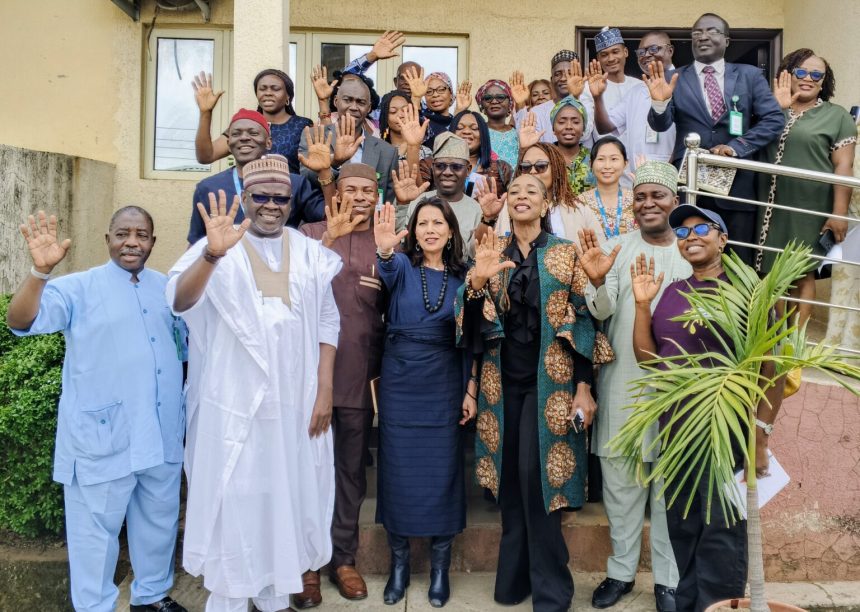A growing number of Sexual and Gender-Based Violence (SGBV) cases involving children is drawing urgent attention to child protection systems in Nigeria’s capital, with the Awyetu Sexual Assault Referral Centre (SARC) in Abuja documenting 345 cases from 2020 to 2024—84% of which involved minors under the age of 18.
During a visit by Dr. Najat M’jid, the UN Secretary-General’s Special Representative on Violence against Children, Mandate Secretary of the FCT Women Affairs Secretariat, Mrs. Adedayo Benjamins-Laniyi, emphasized the critical need for multi-level collaboration. While reinforcing ties with security agencies remains key to ensuring perpetrators are prosecuted, she stressed that community-driven action—through residents and local leaders—will be central to long-term prevention and survivor support.
The figures underline the scale of the challenge and the need to transform centres like Awyetu SARC into hubs of early intervention, justice, and healing for vulnerable populations, especially children.
Also, Dr Adedolapo Fasawe, Mandate Secretary, Health Services and Environment Secretariat, Federal Capital Territory Administration, explained that the centre was established in 2020.
Fasawe, who was represented by the Permanent Secretary in the secretariat, Dr Baba-Gana Adam, said that the centre was established by the British Council on behalf of the European Union.
She added that under the EU’s Rule of Law and Anticorruption (ROLAC) Programme, the centre was established to provide comprehensive medical, psychological, and legal support to survivors of sexual violence.
Also, the Medical Director of the hospital, Dr Ibrahim Mijinyawa said that out of the 345 cases, 313 were females, representing 90.7 per cent while 32 were males representing 9.3 per cent.
Mijinyawa added that 289 of the cases, representing 83.7 per cent were children below 19 years, while the remaining 56 representing 16.3 per cent were people above 18 years.
The Centre Manager, Dr Bejide Augustine, said that a total of 18 cases were reported from January to date, out of which 16 were females and two males.
Augustine added that 17 of the survivors were below 18 years.
He identified the services being provided at the centre to include medical examinations and treatment, forensic evidence collection in collaboration with law enforcement, and psychosocial counselling and trauma care.
Others, he said, include legal aid and referral services, and community awareness and prevention programmes which were yet to commence.
“The Bwari SARC operates under a survivor-centred approach, ensuring dignity, confidentiality, and access to justice for all survivors.
“The centre is collaborating with other government and non-governmental organisations,” he said.



